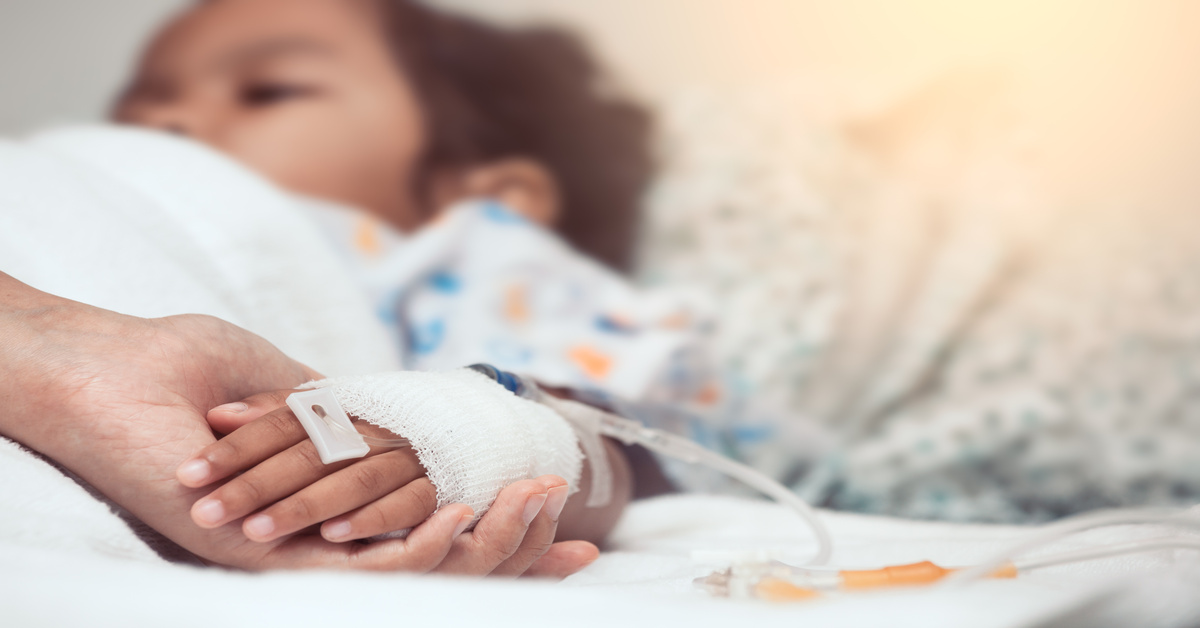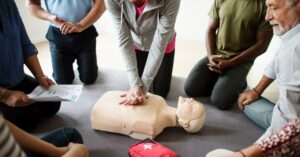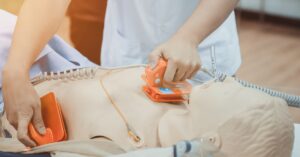Pediatric Advanced Life Support (PALS) certification equips healthcare providers with critical skills to manage pediatric emergencies effectively. Understanding common medications and dosages you’ll learn in PALS forms the foundation of this training.
CPR123 offers comprehensive AHA-certified courses that prepare you to administer life-saving medications with confidence and precision. This knowledge directly impacts patient outcomes during cardiac arrests, respiratory emergencies, and other critical situations involving children and infants.
Epinephrine: The First-Line Emergency Drug
Epinephrine stands as the most crucial medication in pediatric resuscitation. PALS training covers the standard dose of 0.01 mg/kg (0.1 mL/kg of a 1:10,000 solution), administered intravenously or intraosseously, every 3-5 minutes during cardiac arrest. Healthcare providers learn to calculate weight-based dosing quickly and accurately.
The course emphasizes proper preparation, administration routes, and monitoring for adverse effects. Epinephrine’s role in increasing coronary perfusion pressure and improving cardiac output makes it essential knowledge for every PALS-certified provider working in emergency settings.
Amiodarone and Lidocaine for Arrhythmias
PALS certification teaches providers to manage pediatric arrhythmias using antiarrhythmic medications. Amiodarone, administered as a 5 mg/kg bolus for pulseless ventricular tachycardia or ventricular fibrillation, is a primary option. Your AHA PALS recertification will reinforce these dosing protocols and administration guidelines.
Lidocaine provides an alternative at 1 mg/kg for similar arrhythmias when amiodarone is unavailable. The training covers recognition of rhythm disturbances, appropriate medication selection, and proper administration techniques. Providers gain hands-on experience calculating dosages based on patient weight and understanding the pharmacological effects of each medication.
Medications for Respiratory Support and Stabilization
The course addresses multiple medications used for respiratory emergencies and post-resuscitation stabilization. Providers learn the proper dosing for adenosine (0.1 mg/kg, up to 6 mg on the first dose) to treat supraventricular tachycardia. Training includes administering atropine (0.02 mg/kg, minimum 0.1 mg) for bradycardia and calcium chloride (20 mg/kg) for specific conditions such as hyperkalemia or hypocalcemia.
PALS education emphasizes recognizing when to employ each medication, contraindications to avoid, and monitoring parameters after administration. This comprehensive approach ensures healthcare providers can respond appropriately across various pediatric emergency scenarios.
Building Confidence Through PALS Training
Mastering medication administration through PALS certification prepares healthcare providers to deliver optimal care during pediatric emergencies. The common medications and dosages you’ll learn in PALS provide the clinical foundation necessary for effective resuscitation and stabilization.
CPR123’s AHA-certified training ensures you receive current, evidence-based education that translates directly to improved patient care. These skills empower providers to act decisively and accurately when every second counts in saving a child’s life.







